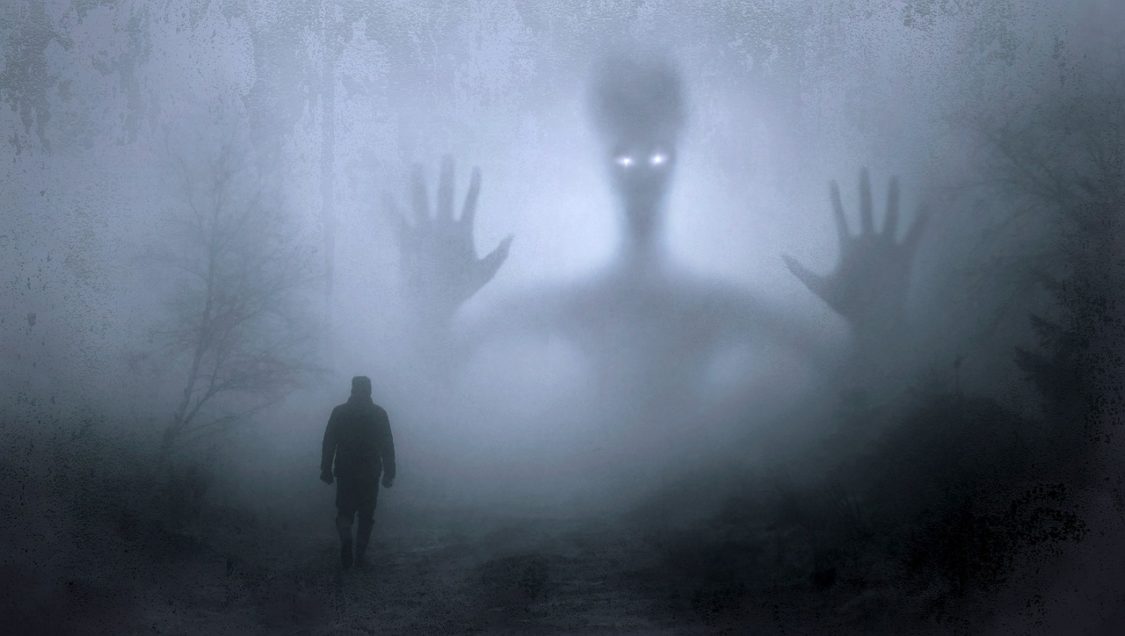
Learn About Ghosts in Thailand

During the early 1900s, the great Irish poet William Butler Yeats contacted some paranormal researchers in the United States, encouraging them to investigate Ireland’s fairies. Yeats claimed that fairies were rapidly disappearing from the Irish countryside because people were starting to disbelieve in them. In other words, Yeats felt that the world around us is completely intertwined with our belief systems.
In Thailand, we don’t have Irish fairies dancing jigs among the rice fields, but we do have Thai ghosts, and in the Northeast there is Sakon Nakhon’s haunted village. The belief in ghosts is very strong among many Thais, especially rural Thais. These Thai ghosts range from recently departed family members to dead Thai monks to evil spirits seeking revenge for being treated unfairly during their time on Earth.
Since a belief in ghosts is so strong among Thais, it isn’t wise to make fun of your Thai partner or friends when they talk of ghosts in Thailand. Yeats may just have been right about how the world manifests itself and you could find yourself taking an unexpected spill down the steps due to a ghostly trip or transparent fishing wire strung out to make a point.
Keep an open mind in Thailand and don’t disregard out of hand the advice of family ghosts who appear in the dreams of your wife or husband. When a Thai ghost gives your Thai partner the numbers for the lottery, buy the ticket. We have seen winning numbers provided by Thai ghosts of deceased family members so many times that it seems a more reliable method than picking your Thai lottery numbers out of thin air.
If you are a parent of a young Thai child and looking to instill a little ghost fear like is done with the boogeyman threats in the West, the name you are looking for is phĕe-dtah-bŏ (ผีตาโบ๋), which is a scary Thai ghost with eyes sunken into the skull. It isn’t the exact same thing as the boogeyman, but it is what Thai parents call upon to get rambunctious young Thai kids to bed.
So let’s get to our learn Thai language lesson and teach you how to use the Thai boogeyman in context.
หยุดพูดสิ ได้ยินไหม ผีตาโบ๋มาแล้ว
Yùt phôot sì. Dâi-yin măi? Phĕe-dtah-bŏ mah láeo!
Stop speak (urge). Hear (question)? Ghost-eyes-sunken come already!
Be quiet! Did you hear that? The boogeyman is coming!
Learn Thai language Tip: Note that the Thai word for ghost, phĕe (ผี), has a rising tone. You really want to try and hit that rising tone correctly, since the word phêe (พี่) with a falling tone is the common Thai word used to refer to a person older than yourself.
To remember how to say ghost in the Thai language, try this rhyme: “Look at them flee. They’re scared of the phĕe!”
- The Hidden Dharma of Thai Language & Culture - May 11, 2024
- The Royal Ploughing Ceremony in Thailand – A History - May 8, 2024
- Dying Well the Buddhist Way in Thailand - May 7, 2024




